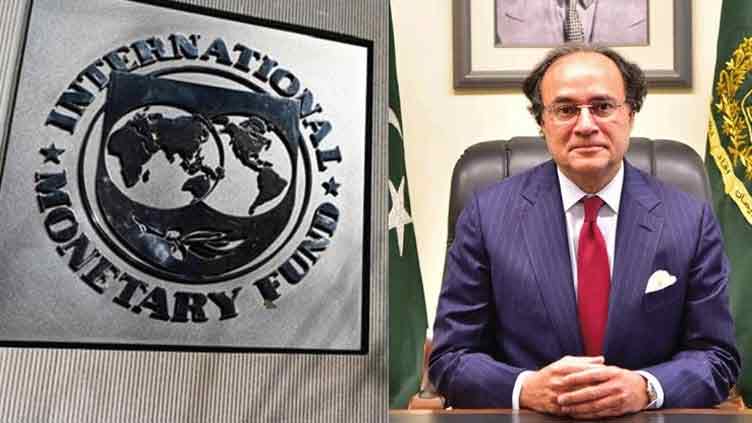By Staff Reporter
ISLAMABAD: The International Monetary Fund is pressing Pakistan to tighten its fiscal belt as the country confronts hefty debt repayments and aims to stabilise its economy, local newspapers reported on Thursday.
Dawn newspaper reported that virtual budget talks between the IMF and Pakistan are underway, with formal negotiations slated for the third week of May.
The IMF is setting the stage for a revenue target of nearly Rs20 trillion in the next fiscal year, up from the current estimate of less than Rs17.8 trillion, while emphasising strict expenditure controls to ensure sustainable debt servicing.
Formal policy-level negotiations are slated to kick off on May 19 and run through May 23, following three days of technical talks conducted via video link. An agreement between the IMF staff mission and Pakistani authorities on budgetary measures and the macroeconomic framework is expected to pave the way for the federal budget announcement on June 2.
The IMF has outlined its projections for Pakistan’s economic trajectory, forecasting a growth rate of 3.6% and average inflation of 7.7%, a sharp rise from the current year’s 5.1% average.
This blend of growth and inflation is anticipated to drive revenue collection up by more than Rs1.4 trillion, building on the current year’s estimated Rs12.4 trillion. Beyond the Federal Board of Revenue’s efforts, the IMF sees provincial governments and agriculture income tax as critical levers for broadening the revenue base.
Overall, the Fund targets revenues to exceed Rs19.9 trillion, or 15.2% of GDP, compared to this year’s budget estimate of Rs17.8 trillion, or 15.9% of GDP. Yet, expenditure restraint remains a cornerstone of the IMF’s strategy, with a goal to trim spending from 21.6% of GDP this year to 20.3% next year.
Even so, total expenditures are projected to climb to Rs26.57 trillion, against the current budget estimate of Rs18.9 trillion, as security-related costs and other pressures mount. Final figures on revenue and revised spending are still being hammered out.
The IMF is also pushing Pakistan to narrow its fiscal deficit from 5.6% of GDP this year to 5.1% next year, equivalent to about Rs6.67 trillion, while maintaining a primary surplus of roughly Rs2.1 trillion. This surplus, defined as revenues minus non-interest expenditures, is seen as vital to improving debt sustainability and reducing the debt-to-GDP ratio from 77.6% to 75.6% by FY26.
Pakistan’s fiscal challenges are compounded by looming external debt obligations. The upcoming budget must address the maturity of Eurobonds worth $1.5 billion, with repayments due in September 2025 and April 2026.
“There are two major repayments that will become due on maturity of Eurobonds,” top official sources confirmed to daily The News. “One will be due in September 2025, worth $500 million, which was launched for 10 years, backed in 2015 at the rate of 8.25 percent. The second repayment will become due on maturity of Eurobond worth $1 billion, which was launched in April 2021 at the rate of 6 percent for five years.”
These repayments are driving Islamabad to consider a return to the international capital market. Options include launching Eurobonds, Sukuk, or a Panda bond in the next fiscal year, depending on market appetite and prevailing U.S. interest rates.
Additional bond maturities loom on the horizon, including a $1 billion repayment due in 2031 from a bond issued in April 2021 at 7.3%, and another $1 billion due in 2029 from a January 2022 issuance.
The Economic Affairs Division and Ministry of Finance are working this week to finalise dollar inflows from loans and grants, alongside outflows for debt servicing, though sources say external debt repayments will likely rise due to the Eurobond maturities.
Copyright © 2021 Independent Pakistan | All rights reserved




